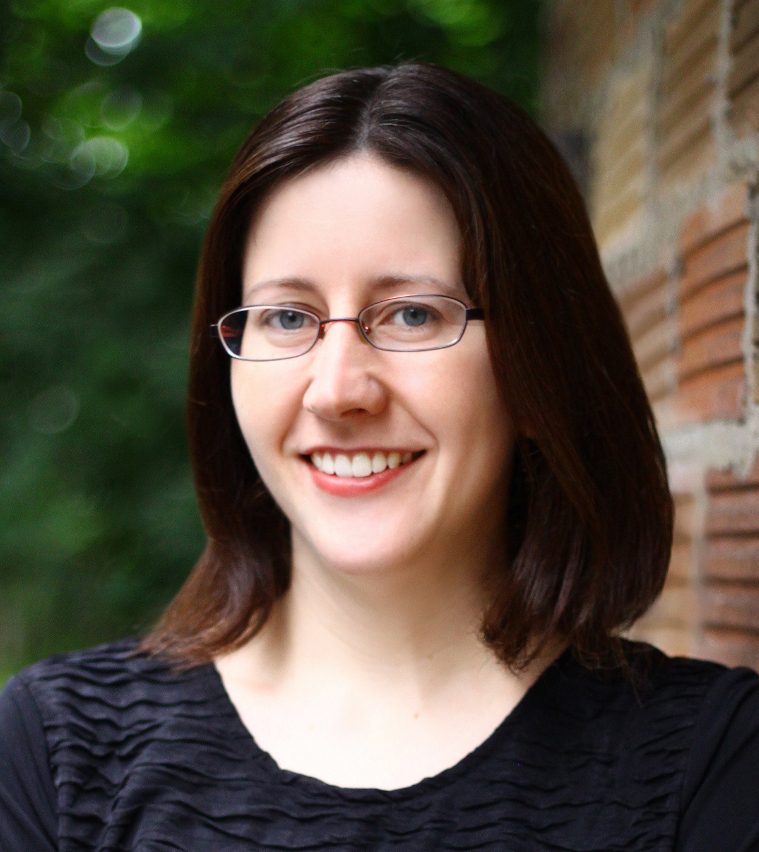In late March, Oberlin City Council President Eboni A. Johnson, OC ’97, and Oberlin Community Improvement Corporation Vice Chair Tyrone Wicks were both appointed to the National League of Cities’ Race, Equity, and Leadership Council.
Johnson and Wicks were each appointed to one-year terms to “develop and guide programs among local elected officials from similar communities,” according to a press release from the National League of Cities. NLC President and Mayor of Athens Steve Patterson announced the appointments.
According to their official website, the NLC is an organization composed of local government leaders from over 2,700 cities across the United States. The NLC aims to advocate for the interests of cities, towns, and villages through federal policy and local leadership. The Race, Equity, and Leadership Council was created in 2014 in the wake of civil unrest in Ferguson, MO, with the goal of making communities more equitable for people of all racial, ethnic, and cultural backgrounds.
In the NLC press release, Patterson explained that Johnson and Wicks will play “key role[s] among a diverse group of local leaders to encourage collaboration, networking, and the development of resources and programs beneficial to communities that share demographics, size or location that can be replicated across the country.”
Wicks, who also serves as the assistant director of administration at the Campus Safety Office, said that working with the REAL Council aligned with his goals as the vice chair of the Oberlin Community Improvement Corporation.
“It’s of obvious interest to me as an African American … and as a native Oberlin resident,” Wicks said. “It’s natural that I want this to happen as the vice chair of the [OCIC]. It just absolutely fits into what we’re doing, making sure that there’s equity in affordable housing and economic development.”
Wicks emphasized the importance of working with and learning from other cities across the country.
“I wanted to bring some of our problems, issues, opportunities, successes, to the national stage,” Wicks said. “And we want to talk about it with other cities from around the country, because I guarantee you that we have an issue that maybe three or four other cities already solved, and they had a really great way to deal with it.”
Wicks also highlighted the value of being part of a larger conversation about equity, especially in relation to Oberlin’s current concerns around housing and economic development.
“We also want to be at the table when there’s conversation about race, equity, and inclusion as it relates to housing, fair housing, and more economic development,” Wicks said. “It’s not so much always about being the person that makes the decision, but it’s really important to be at the table when those decisions are made, so that your voice can be heard. And it’s all about how we use our voice and how we can amplify our voice in constructive ways for the city.”
Johnson shared Wicks’ sentiments about learning from other communities for the betterment of Oberlin.
“My uncle had a phrase he told me once: learn all you can, and can all you learn,” Johnson said. “I’m looking forward to learning about how this particular council works and how I can be most effective, what I can bring to the council, and take what I learn back to Oberlin. We get to meet other elected leaders in cities, towns, and villages … and we learn from each other. We know we’re all facing some of the same issues with housing, with infrastructure, with economic development … it’s really nice to be able to connect with real people that we get to know and see how they solve the problem.”
Johnson also emphasized Oberlin’s unique role in the wider national community of cities, towns, and villages.
“There are other small rural college communities … but what sets us apart is our long history in social justice and racial equity kind of work, and being a sanctuary for people over lots of years,” Johnson said. “Over decades we have served as a sanctuary for all different kinds of people for different reasons. I don’t know that every other place can say that, and I know we can.”
Both Johnson and Wicks spoke about the importance of organizations like the REAL Council in the current political climate in promoting unity and progress.
“We all have to work together, and it doesn’t matter what our political leanings are — we all have things that we’re facing, we all have things that we’re looking for solutions for, that we have to work together for,” Johnson said. “That’s most of the point … to have a day on Capitol Hill where we get to bring the concerns and issues of our communities to our elected leaders and ask for help, and see how we can work together.”








